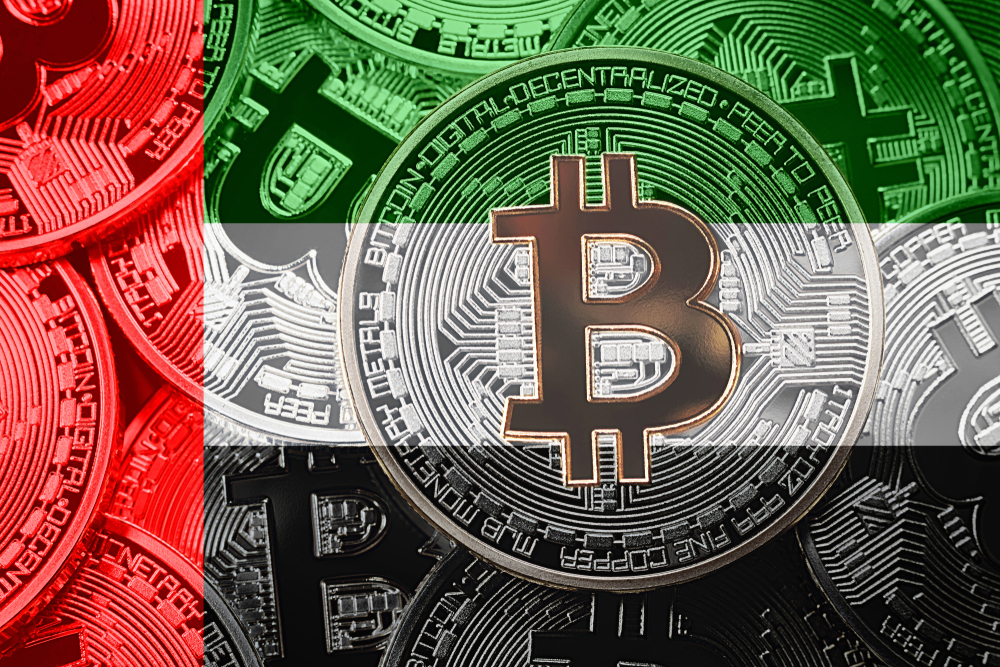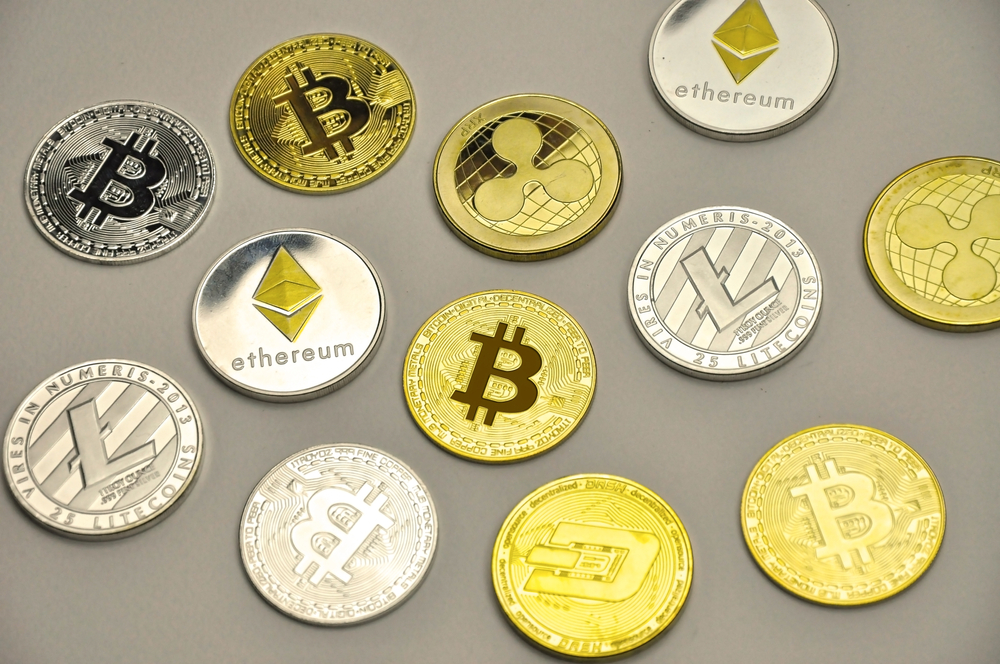Dubai’s daring roadmap has taken on an impressive array of ventures aimed at attracting companies seeking to navigate the regulatory landscape with ease.
The crypto sphere in Dubai is abuzz with excitement, as the emirate has at last disclosed its comprehensive regulatory framework. The framework provides a definitive licensing system for digital asset issuers and service providers within the region.
In the wake of the crypto market’s downturn in 2022, regulatory bodies worldwide have intensified their efforts to establish or reinforce protective measures. This has caused both enterprises and investors to be apprehensive about the future of crypto.
Fresh Crypto Guidelines in Dubai
Dubai’s fresh guidelines mandate that any entity intending to provide crypto services within its boundaries must obtain the necessary licenses.
The framework is supplemented by four binding rulebooks for service providers and seven additional rulebooks that stipulate the prerequisites for each specific service offered. Talal Tabbaa, the founder of CoinMENA, a crypto exchange, lauded this approach.
Dubai, one of the seven emirates comprising the United Arab Emirates, has set its sights on becoming a prominent global center for crypto and blockchain-related endeavors.
What’s more, it had already begun enticing businesses to establish operations within its jurisdiction prior to the announcement of its forthcoming regulatory framework.
After the publication of the new regulations, Hex Trust, an institutional crypto custodian, was among the first to receive the green light from the emirate’s supervisory body, allowing it to commence operations in the region.
A Work in Progress
Although Dubai’s recent regulations are a significant step forward, they are still a work in progress, with their thoroughness leaving room for future expansion.
Furthermore, the emirate’s new legal framework highlights compliance expenses in the region, which could make it more challenging for smaller enterprises to establish a foothold in the area.
Tabbaa acknowledged that licensing costs may not be a major concern for crypto companies when entering a new market. That said, some of Dubai’s fees may be considered expensive.
He still considered the licensing costs to be insignificant when compared to other operating costs such as local staffing and office maintenance.
As per the regulatory framework, a company seeking to provide exchange services is required to pay an application fee. This fee is around 100,000 dirham. There is also an annual supervision fee that’s double that amount.
However, this application fee does not guarantee approval. In addition, if the company wishes to offer additional services such as custody or payments, it will need to apply for additional licenses and pay additional supervision fees.
Putting Things in Perspective
To put Dubai’s new crypto regulations in perspective, other UAE emirates also have licensing fees for crypto-related services. For instance, Abu Dhabi charges a $20,000 application fee and a $15,000 annual supervision fee.
This fee can increase if companies want to offer other types of assets. However, under the Abu Dhabi Global Market’s regulations, any crypto exchange operating spot or derivative markets related to virtual assets must apply for a Multilateral Trading Facility license.
This incurs a higher application fee of around $125,000 and an annual supervision fee that is around $60,000. Despite some of Dubai’s fees being considered on the expensive side, CoinMENA’s founder still considers the licensing costs to be low.
When comparing licensing fees across different jurisdictions, it’s important to note that the costs can vary widely. In Singapore, for example, crypto exchanges not dealing with fiat can opt for a Major Payments Institution license.
This has an annual fee of 10,000 Singapore dollars. Meanwhile, in New York, BitLicense has a relatively low application fee of $5,000, but companies have reported spending as much as $100,000 on legal and compliance fees.
Final Thoughts
While Dubai’s crypto scene has gone through many changes over the years, it is clear to see that it is moving in the right direction. Sure there have been a few roadblocks, but all in all, the nation is striving in the competitive crypto sphere.











